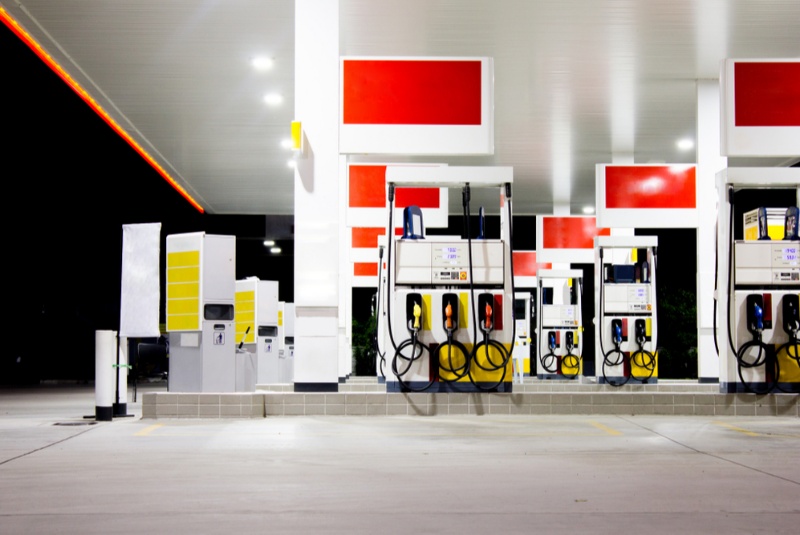Throughout the world, many motorists face the conundrum of whether to fill up their vehicles with regular or premium gasoline. Often, the decision is influenced by various misconceptions, primarily that premium gas is inherently 'better' for your car. But the truth is, if your car doesn't specifically require it, paying for premium gas might not be the smartest choice.
The first step to understanding the true cost of premium gasoline involves unraveling the distinction between premium and regular gasoline. The difference lies in the octane rating - a measure of how much compression a fuel can withstand before igniting. Premium gas has a higher octane rating (typically 91 or higher), meaning it's more resistant to engine knock, a condition where fuel burns unevenly inside your engine.
However, the belief that premium gas will boost your car's performance, make it run cleaner, or improve gas mileage is largely a myth, especially if your vehicle is not designed to run on high-octane gas. Most vehicles on the road today are engineered to run efficiently on regular gas, which usually has an octane rating of 87. Only high-performance or luxury cars with high-compression engines are typically designed to use premium gas. This is because these high-compression engines generate more heat and require a fuel that won't ignite prematurely, thereby preventing engine damage.
If your car manual doesn't specifically call for premium gas, using it won't provide any discernible benefits. Engines in vehicles designed for regular gas can't take advantage of premium gas's anti-knock properties because they simply don't generate enough compression for it to matter.

In fact, the U.S. Federal Trade Commission (FTC) states, "In most cases, using a higher-octane gasoline than your owner's manual recommends offers absolutely no benefit. It won't make your car perform better, go faster, get better mileage or run cleaner."
In terms of monetary expenditure, consistently opting for premium gas when your car doesn't require it can significantly increase your fuel budget. As of mid-2023, the average cost difference between regular and premium gas in the United States is approximately 60 cents per gallon. Over time, this unnecessary expense adds up and takes a toll on your wallet.
There are, however, some situations where using premium gas might be beneficial. If you notice signs of engine knock, like a rattling or pinging noise under acceleration, you might want to try using a higher-octane gas. Some older cars might also benefit from a tank of premium gas every so often to clean the system, but for newer cars, it is usually unnecessary. Again, always consult your owner's manual for the best advice on this matter.
The environmental impact of your fuel choice is another important consideration. While high-octane fuel may burn slightly cleaner, the overall environmental benefit is negligible. Conversely, the production process for premium gas can actually emit more pollutants, negating any minimal gains from its cleaner burn.
Paying for premium gas when your vehicle doesn't require it is both economically inefficient and environmentally questionable. Rather than falling for the 'premium' label, the best course of action is to use the fuel recommended by your vehicle's manufacturer. Save the extra money, limit unnecessary environmental impact, and know that your car is operating just as it was designed to.




